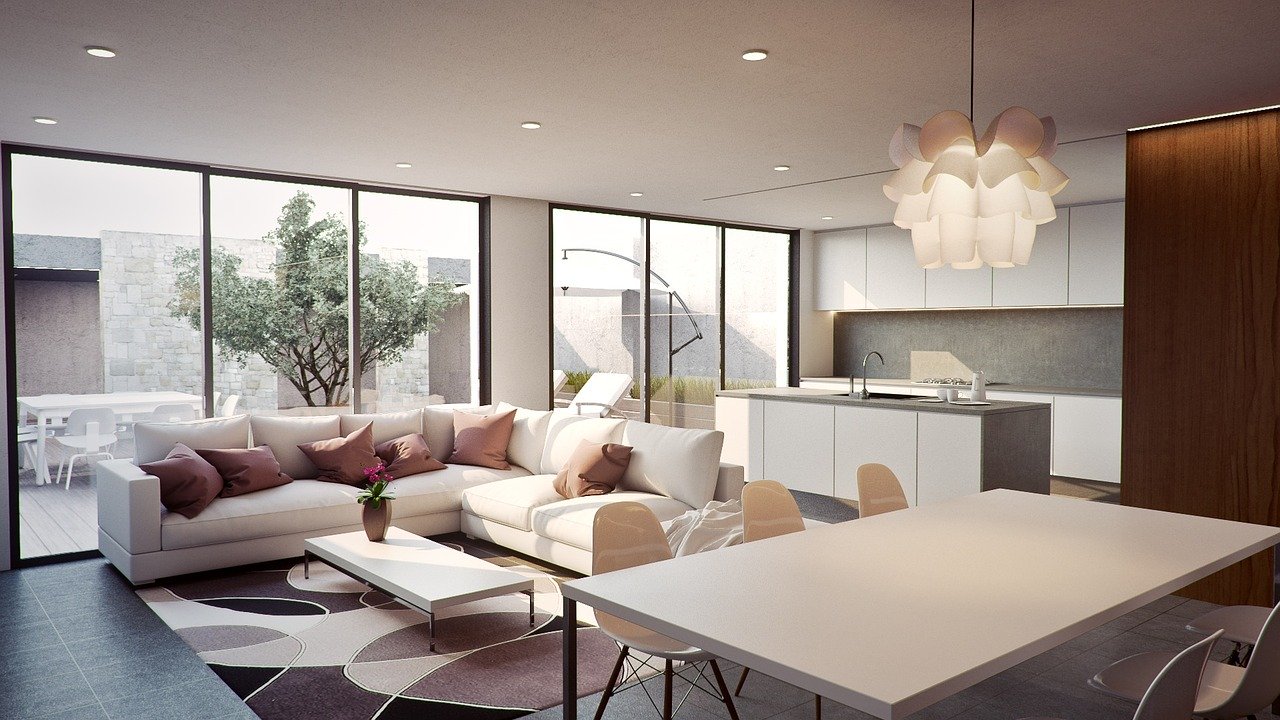A helpful guide for landlords dealing with short-term vacation rentals and serviced apartments.
- Regulations & Licences: Depending on where your property is it may be subject to certain regulations or licensing relating to short term rentals. Regulations may apply relating to health and safety, or even the number of days a property can be let on a short term basis annually. You will need to consider whether your property falls into any of the regulated accommodation categories, and take appropriate action. You may also be required to register both yourself and the property with any regulating local authority.
- Contract: The contract or tenancy agreement ensures all rights and responsibilities agreed beyond those prescribed by law are as clear as possible. If you require guests to sign a contract, you must disclose the actual contract terms to them prior to booking. The easiest way to do this is to mention the contract in your listing’s description, and include the terms in your message thread with the guest.
- Tenant Checks and Screening: Typically, short-term hosting companies attempt to verify that each user is a real person with a valid address. Other companies will verify that users have a valid ID and physical address. However, hosting companies ordinarily don’t do through background checks of their users, such as running credit checks. Hosting companies also typically allow hosts to post on their websites reviews of the guests they have hosted, which are made part of each guest’s profile. Such reviews can be a helpful in screening tenants. But not every potential guest will have reviews.
- Payment Received: It is recommended to collect rent payments in full upfront, or if otherwise specified by the contract, initial rent payments should be paid in advance alongside any deposit, and confirmation should be provided that subsequent rental payments have been set up.
- Security Deposit: If you require a security deposit make sure that this is clearly communicated to any potential guests before they book with you. This should be paid in advance alongside any rental payment.
- Professional Clean: A deep clean of the property prior to the move in of new tenants is recommended, especially areas such as the tub, toilet, stove, and refrigerator. Obviously, your home should be clean and in good order upon your guests’ arrival. In particular, the bathrooms and kitchen should be spic and span. The beds should be made up with clean linens.
- Inventory: It is important to carry out an inventory before and after a tenancy to ensure that all items contained within the property and their condition are accounted for. It also lessens the chances of a deposit dispute further down the line.
- Maintenance: Fix Any Hazards. There should be no obvious safety issues like exposed wiring or a loose step. Fix anything that may cause the injury of a guest.
- Electrical Safety Checks: It is the responsibility of the landlord to ensure that electrical equipment and systems are safe and maintained in a safe condition during the tenancy. This could include carrying out electrical inspections and maintenance on a regular basis by a qualified person, and providing relevant safety certificates prior to a new tenancy.
- Fire Safety Checks: You should carry out a fire risk assessment on your property, as required by law. You must ensure that any fire safety equipment such as smoke alarm and fire extinguishers are kept in good working order. All furniture a landlord provides must be fire resistant. Furniture must meet the fire resistance requirements as stipulated by the relevant public authority or regulator. You should keep all your fire risks and safety measures under constant review.
- Gas Safety Certification: If the property has a gas fired heating system or gas appliances it is important ensure that the installations adhere to all public authority or regulator requirements. This could include carrying out gas inspections and maintenance on a regular basis by a qualified person, and providing relevant safety certificates prior to a new tenancy.
- Smoke & Carbon Monoxide Alarms: Smoke and carbon monoxide alarms should be provided in line with the requirements of the relevant public authority or regulator. Alarms should be checked to ensure that they are in proper working order on the day the tenancy begins.
- Supplies: All relevant supplies should be in place before a tenancy begin. this includes fresh towels, toilet paper, cleaning materials, kitchen essentials spare bedsheets, towels, light bulbs, trash can bags and a first aid kit. Lock any personal items in a private space.
- House Rules: Ensure you relay your building’s common area rules to your guests. You may want to even notify your neighbours that you will have guests, and remind guests not to bother your neighbours. If you don’t allow smoking then ensure this is communicated to guests. Ensure you relay parking rules for your building and neighbourhood and remind guests about keeping noise down. To avoid surprises, you may want to include the information covered above in your any online listing profile.
- Contact Information: Indicate local emergency numbers and the nearest hospital. Provide a clear emergency contact number for yourself, as well as backup, for easy guest reference. Also make clear how you should be contacted if the guest has questions or issues arise.
This summary is provided as a general guide to what is expected when managing a rental property. It should not be relied on as legally complete or correct. It is important to ensure compliance with all local authority or regulatory requirements which could include rent regulations, maintenance standards and other obligations. You should always seek professional advice if you are unsure of your obligations.




